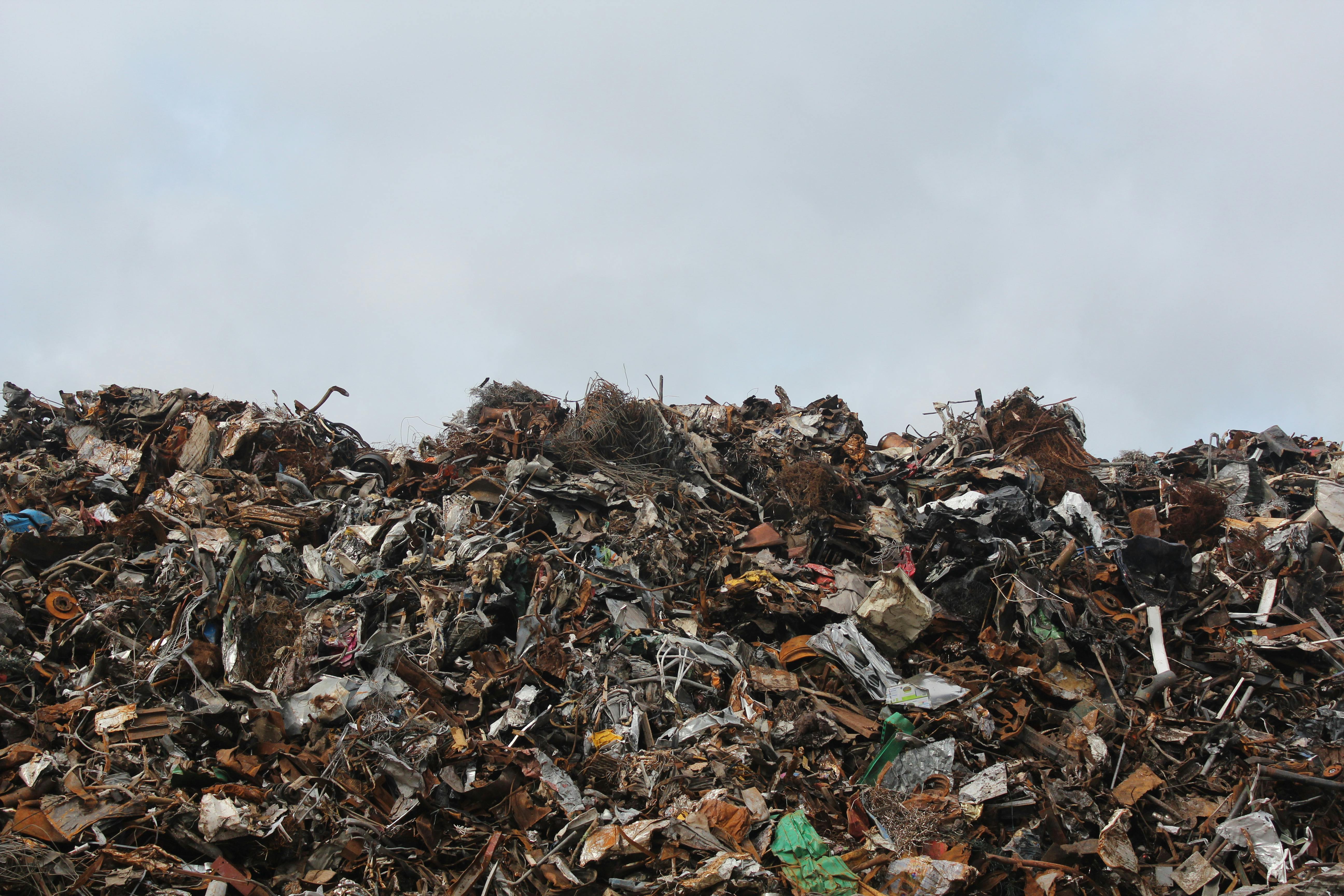Exploring Career Opportunities in Waste Management
The field of waste management offers diverse and rewarding career opportunities for those passionate about environmental sustainability and making a positive impact on their communities. As the global focus on proper waste disposal and environmental protection intensifies, the demand for skilled professionals in this sector continues to grow. This article delves into the various aspects of waste management careers, highlighting the importance of this industry and the potential it holds for job seekers.

-
Recycling Coordinators: They oversee recycling programs, educate the public on proper recycling practices, and develop strategies to increase recycling rates.
-
Environmental Engineers: These specialists design and implement waste management systems, focusing on minimizing environmental impact and maximizing efficiency.
-
Hazardous Waste Specialists: They handle the safe disposal of dangerous materials, ensuring compliance with regulations and protecting public health.
-
Landfill Managers: These professionals oversee the day-to-day operations of landfill sites, ensuring proper waste disposal and adherence to environmental standards.
How does waste management contribute to environmental sustainability?
Waste management plays a crucial role in promoting environmental sustainability by:
-
Reducing pollution: Proper waste disposal methods help prevent contamination of soil, water, and air resources.
-
Conserving natural resources: Recycling and waste reduction efforts minimize the need for raw materials, preserving valuable natural resources.
-
Mitigating climate change: Efficient waste management practices can reduce greenhouse gas emissions associated with landfills and incineration.
-
Promoting circular economy: By encouraging recycling and reuse, waste management supports the development of a more sustainable, circular economic model.
-
Protecting ecosystems: Proper waste handling prevents harm to wildlife and habitats, preserving biodiversity.
What skills and qualifications are needed for a career in waste management?
To succeed in the waste management industry, professionals should possess a combination of technical knowledge and soft skills. Some essential qualifications and attributes include:
-
Education: Depending on the role, a degree in environmental science, engineering, or a related field may be required.
-
Technical skills: Knowledge of waste handling techniques, environmental regulations, and data analysis is often necessary.
-
Problem-solving abilities: The ability to address complex waste management challenges and develop innovative solutions is highly valued.
-
Communication skills: Professionals in this field often interact with various stakeholders, including the public, government officials, and industry partners.
-
Physical fitness: Some roles, such as waste collection operators, require a good level of physical stamina and strength.
-
Safety awareness: Understanding and adhering to safety protocols is crucial in handling potentially hazardous materials.
What are the career advancement opportunities in waste management?
The waste management industry offers numerous opportunities for career growth and advancement. Professionals can progress through various paths, including:
-
Management roles: Moving from entry-level positions to supervisory or management positions within waste management companies or government agencies.
-
Specialization: Developing expertise in specific areas such as hazardous waste handling, recycling technology, or environmental policy.
-
Consulting: Establishing oneself as an independent consultant, advising businesses and organizations on waste management best practices.
-
Entrepreneurship: Starting waste management or recycling businesses to address specific community needs or introduce innovative solutions.
-
Research and development: Contributing to the advancement of waste management technologies and practices through academic or industrial research.
How does the waste management industry impact local communities?
Waste management plays a significant role in shaping local communities by:
-
Creating jobs: The industry provides employment opportunities across various skill levels, contributing to local economic growth.
-
Improving public health: Proper waste disposal reduces the risk of disease transmission and environmental hazards.
-
Enhancing quality of life: Clean streets and efficient waste collection systems contribute to a more pleasant living environment.
-
Fostering community engagement: Recycling initiatives and educational programs encourage community participation in environmental stewardship.
-
Supporting local infrastructure: Waste management facilities and services are essential components of a well-functioning community.
What are the future trends in waste management careers?
The waste management industry is evolving rapidly, driven by technological advancements and changing environmental priorities. Some emerging trends include:
-
Smart waste management: Integration of IoT devices and data analytics to optimize waste collection and processing.
-
Waste-to-energy technologies: Growing focus on converting waste into usable energy sources.
-
Circular economy initiatives: Increased emphasis on designing products for reuse and recycling.
-
Plastic pollution solutions: Development of innovative approaches to address the global plastic waste crisis.
-
Sustainable packaging: Growing demand for professionals skilled in designing and implementing eco-friendly packaging solutions.
As the world continues to grapple with environmental challenges, careers in waste management offer not only job security but also the opportunity to make a meaningful impact on the planet’s future. From hands-on roles in waste collection to high-level positions in environmental policy and technology development, the field provides diverse pathways for professionals passionate about sustainability and environmental stewardship.






